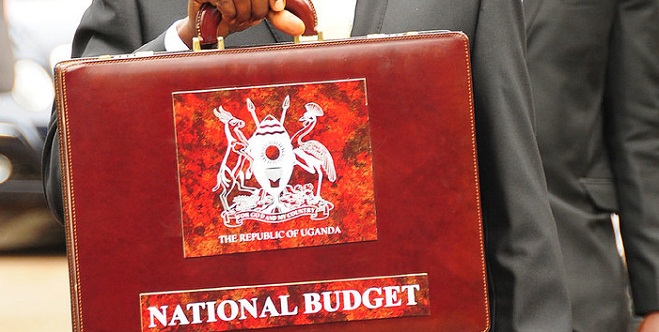
It is that time of year when the economy takes centre stage again. This month we shall have the state of the nation address and the budget speech. These statements will be aimed at refocusing our Country’s growth and development trajectory. It is therefore appropriate that even before we digest those speeches, we take a trip down memory lane.
From the time of colonization, relations between the natives and the colonizers have always had a marked uneasiness about them. The earliest recorded signs of discordance are to be found in the nature of the colonization itself: in the nature of the resistance from Kabaka Mwanga, Omukama Kabalega and other groups. Tales of discordance resurface in the 1920’s between the natives and the colonizers in relation to the Cotton Rules of 1918 which barred (African) middlemen from operating within five miles of a ginnery. Fast forward to 1945 and we start talking ‘revolution’.
Prof. A.B. Kasozi has documented these matters articulately in his epic ‘Social Origins of Violence in Uganda, 1964 -1985’. For this columnist the point of interest is the recurring theme of economic marginalization and exclusion of Africans and the resultant social instability it created. Ignatius Musaazi in 1949, railed against these inequities, and Augustine Kamya did the same in 1959, including calling for a boycott of foreign owned businesses.
Fast forward to Independence and the ascendance of Milton Obote who, like several African heads of state, had become enamoured of socialism, and proposed that Uganda ‘move to the left’ in ideology and practice. In his ‘Common Man’s Charter’ (1970), he declared that the purpose of government was ‘the realization of the real meaning of Independence, namely, that the resources of the country, material and human, be exploited for the benefit of all the people of Uganda in accordance with the principles of socialism’. We had hardly finished reading this ‘Charter’ and Obote was history. Obote failed to right the wrongs of African economic marginalization.
His successor, General Idi Amin (1971), also rode in with an ’18 point’ program (points 8 to12 should interest all of us) and declared an ‘economic war’. This was the most daring and at the same time most disastrous attempt at transfer of economic power. On the face of it, with the expulsion of the Asian community, Amin seemed to have achieved the emancipation of the native. But little did he reckon with the implications of disrupting a deeply entrenched system and its value chains. Amin’s misadventure ended in the desert plains of Saudi Arabia from whence he shall never return. Most importantly, he too had failed to ‘did it’.
The years 1980 to 1986 flew by in a flurry of wars and Presidents. Obote (a.k.a. Nyamurunga) made a reentry and retreat. Between the ‘windows I and 2; and the lofty parliamentary debates, most of our economic issues went unattended.
And onto the epoch of General M7. When the NRM government came to power in 1986, it opposed IMF programs and favored revaluing the Ugandan shilling, allocating commodities administratively, and the control of prices. In its ‘10 point program’, it advocated ‘Building an independent, integrated and self-sustaining national economy’ and ‘Redressing errors that have resulted in the dislocation of sections of the population and improvement of others’.
The NRM has largely delivered on the matter of political dislocation of sections of the population and there have been improvements for many. But the key issue that continues to fester is the control of the commanding heights of the economy, the social inequality and continued marginalization of some peoples. Just as in the colonial times, large swathes of our economy remain in the control of foreigners and that is not sustainable. There is a lop sided distribution of incomes and for the majority it is not yet uhuru. The NRM too, may not be able to ‘did it’. Why? We must ask.
Samuel Sejjaaka is Country Team Leader at Abacus Business School. Twitter @samuelsejjaaka
